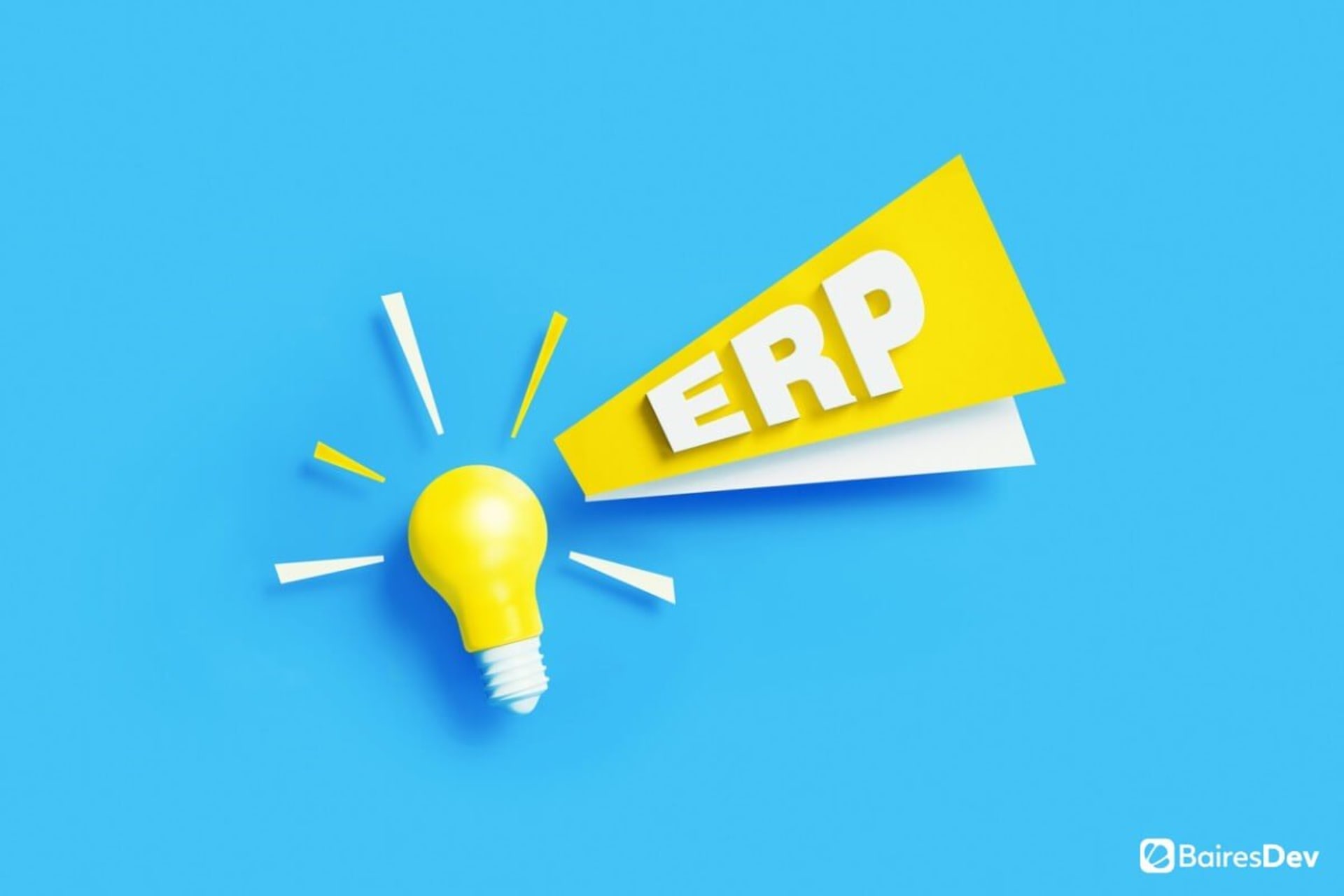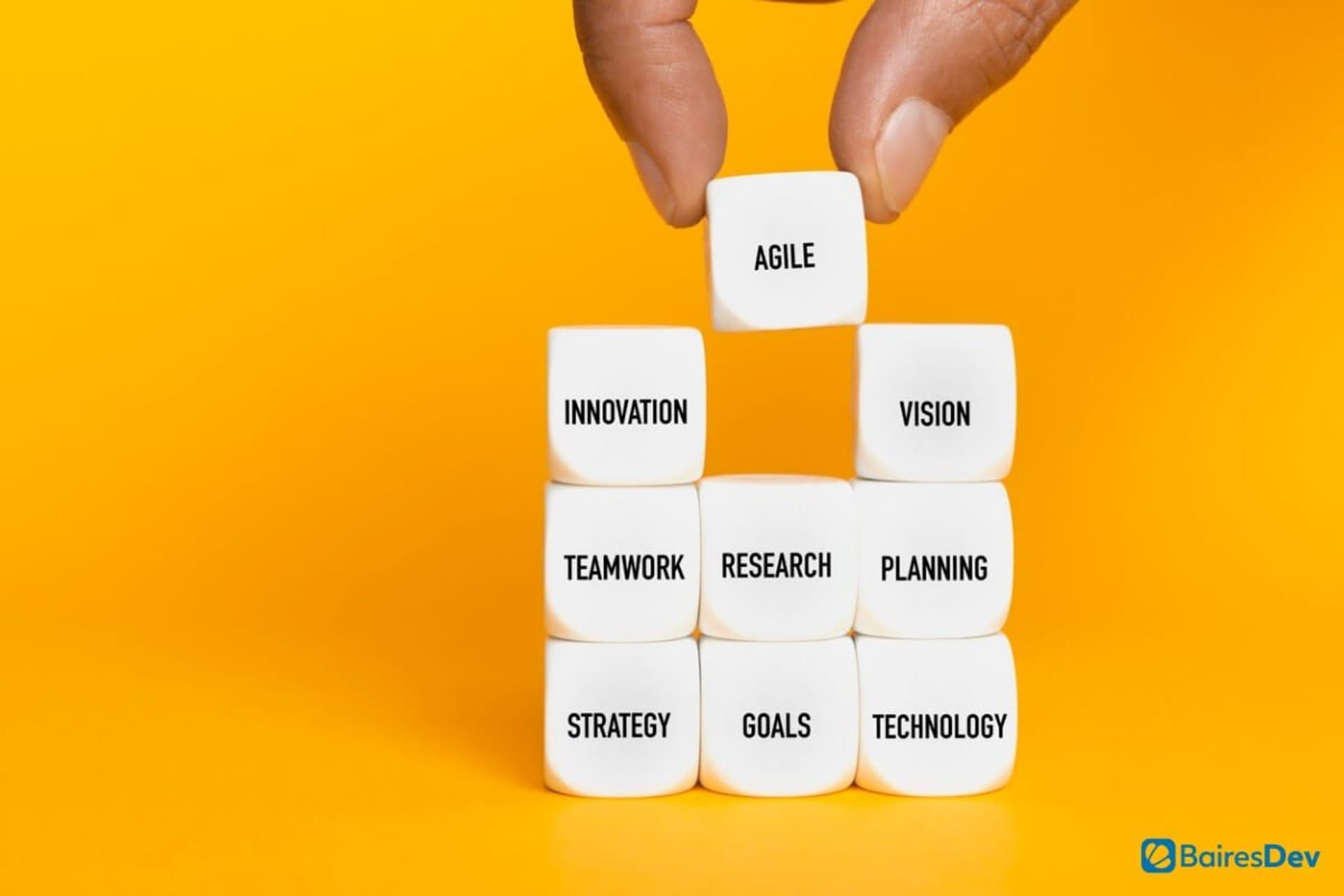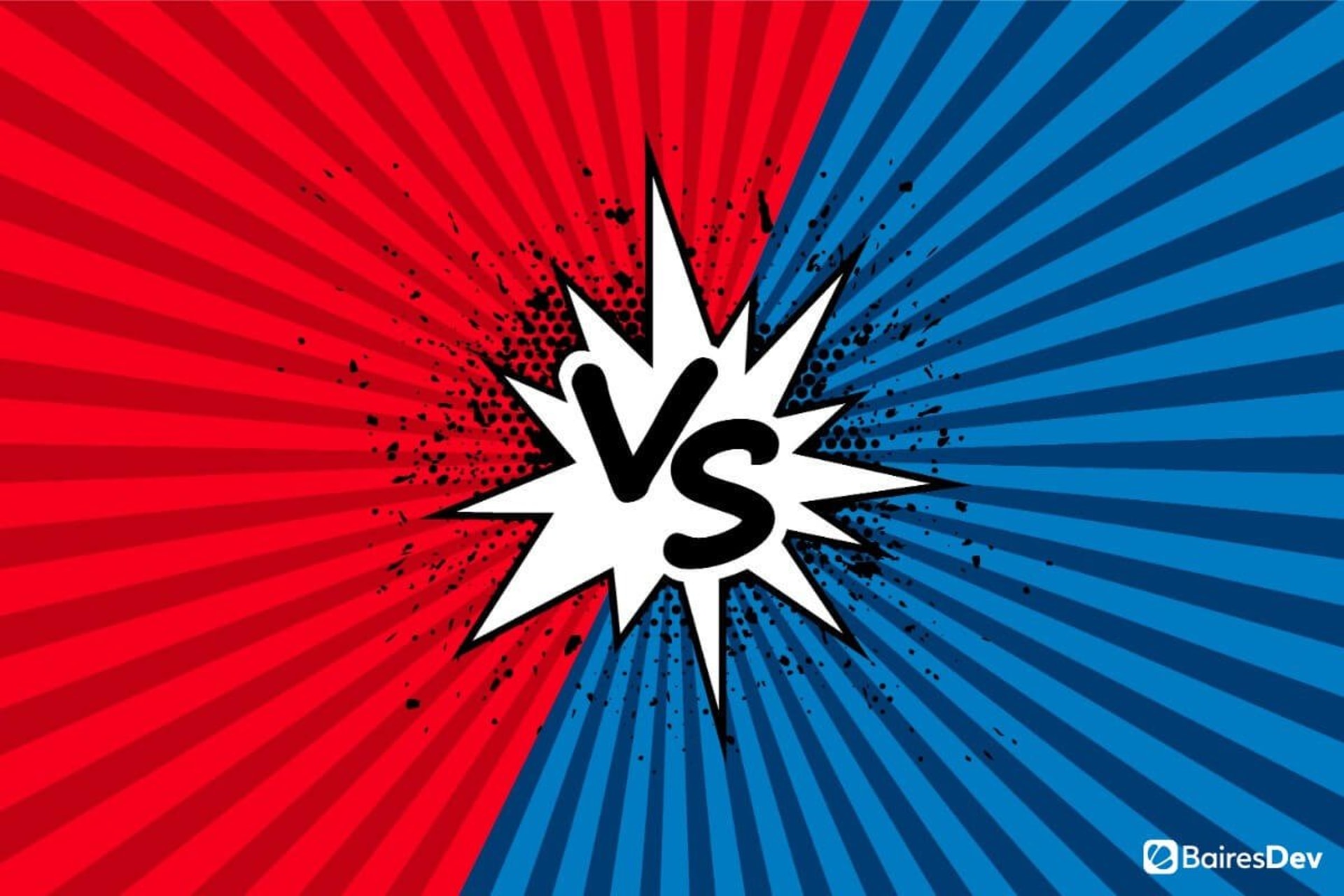Enterprise Resource Planning (ERP) is an incredibly important piece of the business puzzle. These integrated management systems are built to pull together a company’s financials, supply chain, operations, commerce reporting, manufacturing, and human resources. Many companies attempt to piece together multiple applications to make this work but, inevitably, those “frankensteined” systems rarely work as well as intended.
Given how overburdened the healthcare industry is at the moment, every single thing that sector can do to keep everything operating smoothly. Even during non-pandemic periods, ensuring any larger business within the realm of healthcare can handle the never-ending deluge of business decisions and information is a task that cannot be handled efficiently unless the right tools are used.
That’s precisely why businesses within this field should turn to an ERP system.
What Is an ERP?
To put it simply, ERP is a type of software that assists in the management of day-to-day business activities. Those activities can include accounting, procurement, project management, risk management, compliance, and supply chain operations.
The concept began as a tool for manufacturing, where companies in the industry were looking for a more effective way to manage production. Material Requirements Planning (MRP) was the first type of system created for this purpose. MRP systems eventually evolved into the more comprehensive ERP systems, which integrate the entirety of company operations into a single, centralized system.
By placing all major operations, from human resources to finance and beyond, under the umbrella of a single system, it’s much easier to interconnect tasks, departments, staff, and records. An ERP system functions around the idea of having a centralized collection of data to pull from, which makes it easier to link departments and functionalities from within a single source of truth. And as your business scales, even the individual tasks can become daunting.
Some people do tend to get ERP and financials confused. After all, financials are a big part of Enterprise Resource Planning. However, an actual ERP solution takes a more encompassing approach to resource planning by adding things like supply chain management, inventory, logistics, risk management, human resources, and customer relationship management. So you can think of ERP solutions as financials and resource management.
There are plenty of ERP solutions that are perfectly suited for the healthcare industry. Of course, if you can’t find the perfect software for your company, you can always hire a development team to create a custom ERP solution for you. If that’s not in the cards for your budget, then take a look at one of the following. Let’s look over some of your options.
What Are the Benefits of an ERP for Healthcare?
For the healthcare industry in particular, ERP systems offer numerous benefits. They include:
- Improved data management and storage
- Automation of administrative tasks
- Greater productivity and efficiency
- Better compliance with healthcare regulations, guidelines, and standards
- Reduced costs
- Better patient care and outcomes
5 Open-Source ERPs for the Healthcare Industry
1. Oracle NetSuite ERP
Oracle NetSuite ERP is one of the most popular cloud-based ERP systems available for small, medium, and large businesses. This ERP solution includes everything you need and unifies it all into a cloud-first system that adapts to the ever-changing landscape of healthcare.
With NetSuite ERP you can improve your business visibility and transparency, streamline reporting and compliance, improve customer service and partner engagement, integrate budget and forecasting, manage subsidiaries, business units, and legal entities, and handle different currencies, taxation rules, and reporting requirements.
Oracle NetSuite ERP also includes automation, data analysis, business metric tracking, sales, and marketing forecasts, payroll, hiring, onboarding, compensation management, timekeeping, and tax benefits deductions.
2. Focus X
Focus X is a fourth-generation ERP system that is, like NetSuite, delivered via the cloud. With Focus X, you’ll find dedicated customer and vendor portals, so you can empower those people to serve themselves, so your staff isn’t spending an inordinate amount of time answering questions and handling basic tasks that can be taken care of by others who aren’t on the payroll.
Focus X includes all of the features you’d expect to find in an ERP platform, including financials, data analytics, real-time visibility, automation of fundamental operations, AI and ML-driven statistics, predictive analysis, and forecasting.
One area that makes Focus X interesting is that of integration. This ERP tool can integrate with such services as Magento, QuickBooks, Paypal, Stripe, Google Workspaces, Office 365, Skype, and MailChimp.
3. SAP
SAP is probably the largest ERP system on the planet. It’s big, it’s powerful, it’s all-encompassing, it’s won countless awards, it’s used by nearly every business sector, and it can handle any ERP need you have.
It’s also incredibly complex, so much so that your company would probably need to hire a third party to take care of the deployment of the system and train your staff on how to use it. But if you’re looking for the one ERP solution to handle every single resource planning you need (and then some), this is the one.
SAP is so big and important, it’s safe enough to say if it’s ever been done with an ERP system, SAP can do (and probably originated the feature).
4. Workday
Workday was designed specifically for the healthcare industry and is used by companies like Bon Secours Mercy Health, ChristianaCare, ChenMed, Dayton Children’s, Teladoc Health, and Trinity Health.
With Workday ERP, you can improve spend control, unify data delivery efficiency, better engage suppliers, improve demand planning, automate workflows, and create a culture of collaboration and efficiency. You’ll also find real-time data and performance monitoring, continuous planning and modeling, and automated finance processes.
5. Infor
Another healthcare industry-specific ERP system, Infor is the platform for better patient outcomes. With this ERP solution, you can reduce equipment downtime to help protect revenue, optimize on-hand stock, improve the efficiency of room turnaround, secure complex interoperability challenges, lower turnover by improving staff engagement, reduce non-productive administration time, employ mobile tools for better accessibility, embed costing and healthcare accounting, combine clinical and non-clinical data analysis, and streamline workflows with automation.
Infor is used by the likes of Bozeman Health, Christus Health, SMH, HCA Healthcare, UCONN Health, and Mercy ONe.
Conclusion
Your healthcare business should struggle during a crisis or period of growth. With the right ERP solution, you can empower your staff to make the right business decisions, manage resources, and dramatically improve the efficiency of your practice, clinic, hospital, or pharmaceutical business. Give one of these options a look and see if they don’t meet (or exceed) your needs.
And remember, if you can’t find a platform that fits your business, you can always hire a third-party development team to build a custom solution.






